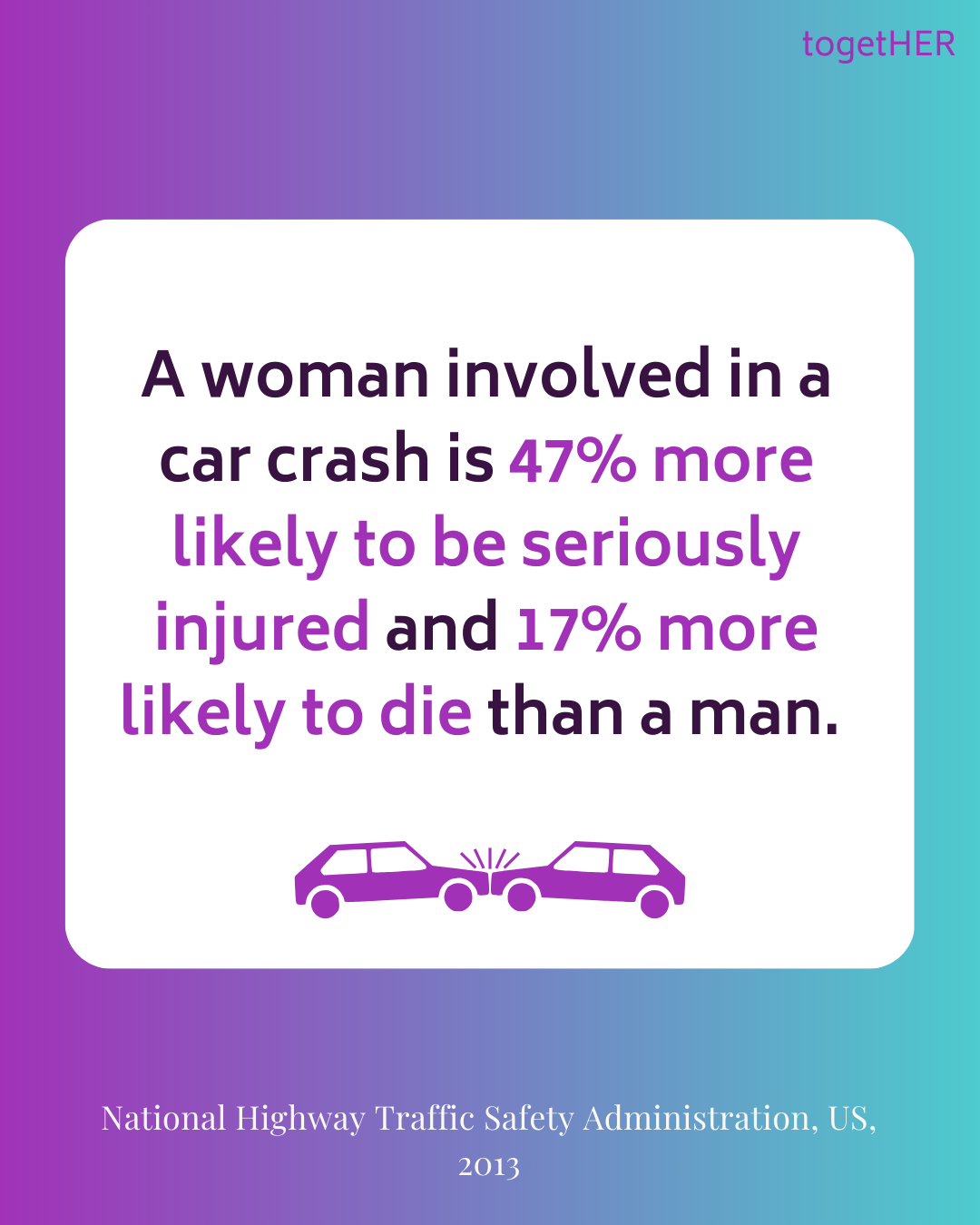Key Facts and Figures on Sexism and Sexual Violence
When addressing sexism and sexual violence, it is important to have serious and sourced facts and figures. Why? To understand and show that sexism and sexual violence are still very much present and occurring systematically globally.


































































































































































































































